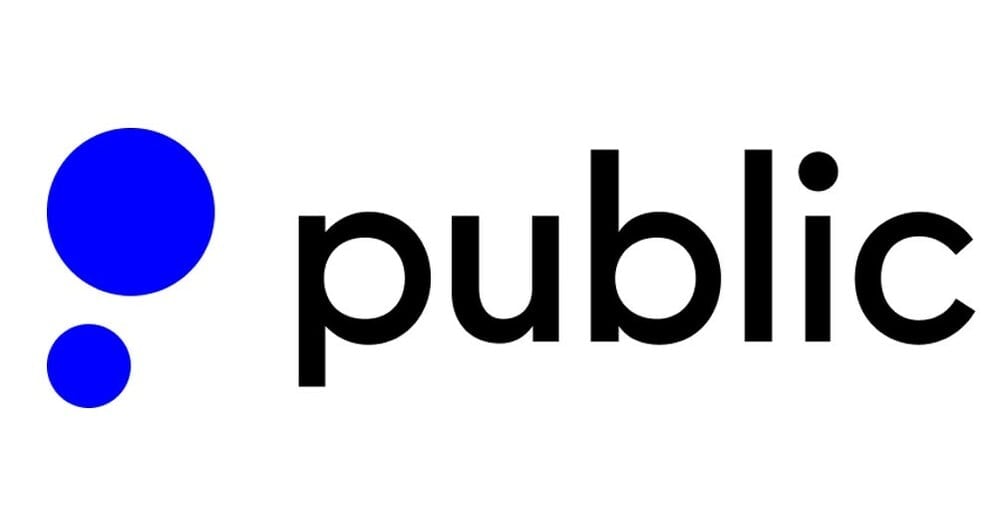When Can I Retire?
The earliest you can get Social Security retirement benefits is age 62, but other factors affect retirement planning.

Many, or all, of the products featured on this page are from our advertising partners who compensate us when you take certain actions on our website or click to take an action on their website. However, this does not influence our evaluations. Our opinions are our own. Here is a list of our partners and here's how we make money.
The investing information provided on this page is for educational purposes only. NerdWallet, Inc. does not offer advisory or brokerage services, nor does it recommend or advise investors to buy or sell particular stocks, securities or other investments.
The earliest you can get retirement benefits from Social Security is age 62, but waiting longer to claim will boost your benefit amount. Lower expenses and other income sources may help you retire even sooner.
To find out when you can retire, weigh your expected Social Security benefits and other savings against your estimated expenses. It’s also helpful to build in a contingency plan for emergencies and long-term care and compensate for future inflation.
» Learn more: How to retire early
Estimate your expenses
Financial planners often suggest people think of their expenses as three buckets:
Must-haves. If Social Security and pensions don’t cover all of your must-haves, you may want to consider using some of your savings to buy an annuity that would provide a larger stream of guaranteed income.
Wants or discretionary expenses. Money for these might come from other income, such as retirement plan withdrawals or other investments.
Contingency reserve. This is kept intact for unexpected expenses and long-term care.
» Learn more: How long will my money last in retirement?
Must-have expenses
These are the costs you’ll need to cover, no matter what. Must-haves include:
Shelter costs (rent or mortgage, property taxes, insurance, maintenance and repairs).
Groceries.
Transportation (car payments, insurance, fuel, maintenance and repairs).
Utilities.
Minimum payments on any debt.
Health care. This is a significant part of most retirees’ expenses, averaging 10% to 15% of their total spending.
Taxes. Most people’s tax rates drop in retirement, but taxes still take 5% to 6% of a typical retired household’s budget. If you’re not working, you’ll no longer pay Social Security or Medicare payroll taxes, but you may owe income taxes on your Social Security benefits if you also receive income from other sources. In addition, pension income and retirement plan withdrawals are typically taxable.
» MORE: Use NerdWallet’s budget worksheet to hone your numbers
Wants or discretionary costs
These expenses can be reduced or put off if necessary. Discretionary costs can include:
Dining out.
Travel.
Entertainment.
Clothes.
Housekeeping and other home services.
Home furnishings.
When markets go into an extended downturn, these expenses would be the first to cut. When your investments are doing better than expected, or you get an inheritance or other windfall, you may be able to boost spending here.
» Learn more: Wants vs. needs
NerdWallet rating 4.8 /5 | NerdWallet rating 4.6 /5 | NerdWallet rating 4.6 /5 |
Fees $0 per online equity trade | Fees $0 | Fees 0% - 4% varies by type of transaction; other fees may apply |
Account minimum $0 | Account minimum $0 | Account minimum $0 |
Promotion None no promotion available at this time | Promotion Earn up to $10,000 when you transfer your investment portfolio to Public. | Promotion Get $200 in crypto when you sign up. Terms Apply. |
Contingency reserve
For emergencies: An unanticipated repair bill or medical expense can be harder to manage when you can’t volunteer for an extra shift or otherwise easily increase your income. That’s why many planners recommend retirees have a larger emergency fund – perhaps six to 12 months’ worth of expenses, rather than the typical three to six months recommended for working people.
For long-term care: Nursing home stays and other custodial care aren’t covered by Medicare. You might consider long-term care insurance to cover these expenses, or alternatively, tapping your home equity or reserving some savings or investments.
Plan when to claim Social Security
On average, Social Security retirement benefits replace roughly 40% of a worker’s pre-retirement salary. Depending on your planned expenses, this amount could be a significant portion of your income during retirement.
The earliest you can get retirement benefits from Social Security is age 62, but your checks will be permanently reduced by 25% to 30% from what you could get at full retirement age.
The full retirement age is currently 66 but is rising to 67 for people born in 1960 and later.
Your Social Security benefit maxes out at age 70. Your checks could be 24% to 32% more than what you’d get at your full retirement age, and up to 76% larger than what you’d get at 62.
The average Social Security benefit is $1,784 per month in 2023. The maximum benefit is $3,627 at full retirement age. It’s $4,555 per month if retiring at age 70 and $2,572 for retirement at age 62.
Try our calculator to estimate your benefit. The Social Security site also offers personalized estimates. You can sign up for a free My Social Security account to access those .
Other income sources may help you retire sooner
Retirement funds
Many retirees supplement their Social Security benefits with distributions from a retirement account such as a Roth IRA or 401(k).
The classic rule is to withdraw no more than 4% in the first year and to adjust the amount by the inflation rate every subsequent year. If you withdraw $30,000 and inflation is 5% that year, you increase the next year’s withdrawal by $1,500 (.05 times $30,000) to $31,500. If the next year’s inflation rate is 10%, you add $3,150 to the previous year’s withdrawal, and so on.
If you want to retire early, you may want to start withdrawals at 3% or even less to compensate for the risk of bad markets — or try other strategies that could let you withdraw more if you’re willing to cut back spending occasionally.
» Want to check your progress? Try our retirement calculator
Pensions
Some private sector jobs still have traditional pensions, also known as defined benefit plans, but they’re much more common if you’re a government worker or a union member. Payouts typically start at 65, but you may get a smaller amount if you begin earlier.
If you get a pension from a job that did not deduct Social Security tax from your paychecks — that includes many teachers as well as some state and local government workers — it may affect how much Social Security you get because of something known as the windfall elimination provision. You can read more about that on Social Security’s site .
Part-time work
Working longer can be an enormous help in closing the gap between what you have and what you need to retire. Even a part-time job can reduce what you need to draw from your savings.
Also, trying to get back into the job market can be hard if you miscalculate and need to resume work. Keeping a part-time job or side gig could make it easier to transition back to earning more income, should you need it.
» Learn more: What you need to know about working in retirement
Home equity
You can tap home equity by selling your house, moving to a less expensive home and using the amount you clear to beef up your investments. Or you can consider a reverse mortgage, which allows you to borrow against your home equity. You can get a lump sum, a stream of payments or a line of credit.
Reverse mortgages don’t require you to make payments, but the amount you owe grows over time, typically at variable interest rates, and the loan must be paid off when you sell the home, die or move out.
Inheritance
It’s risky to count on an inheritance before you actually get one. The person who would make the bequest could change their mind, need the money themselves or make bad investment choices.

Account for the unexpected
Compensate for inflation
Even a mild inflation of 3% will cause prices to double over 24 years, and inflation lately has been anything but mild. Health care costs typically rise at an even higher rate. That’s why financial planners often recommend that new retirees keep 40% to 50% of their portfolios in stocks, which are the only investment class that consistently beats inflation.
Rent from real estate investments and Treasury inflation-protected securities are two other hedges against inflation. Social Security offers cost-of-living adjustments; pensions may or may not. Fixed annuities can be purchased with inflation adjustments, although that means your checks will be smaller at the beginning. You also could plan to curtail expenses — traveling or eating out less, for example.
Learn more about inflation and purchasing power with NerdWallet's inflation calculator.
Consult an advisor
Even hardcore do-it-yourselfers should get a second opinion before retiring. After all, you’ve never done this before, and any mistakes you make may be irreversible.











